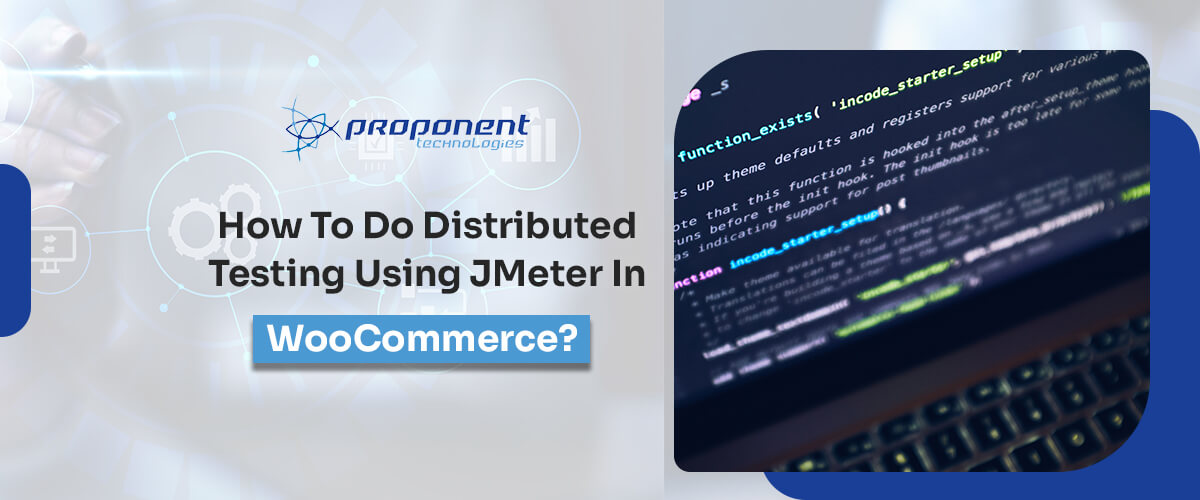Performing distributed load testing with JMeter in a WooCommerce environment enables you to efficiently simulate heavy user traffic across multiple machines, enhancing the scalability testing of your online store.
Here’s a streamlined approach to set up and execute distributed testing using JMeter for WooCommerce:
Setting Up Distributed Testing with JMeter in WooCommerce
Configuring Your Test Plan
- Prepare Your Test Plan: Begin by opening your JMeter test plan or create a new one.
- Integrate Remote Start/Stop Elements: Add the “Remote Start” and “Remote Stop” elements to your test plan. These elements are used to control the distributed test.
Configuring JMeter Properties
- Edit jmeter.properties:
- Locate and modify the ‘jmeter.properties’ file in the JMeter bin directory across all involved machines (master and slaves).
- Set the remote_hosts property to list the IP addresses or hostnames of your remote machines. Example: remote_hosts=127.0.0.1,192.168.15.27,
Starting JMeter in Server Mode on Slaves
- Activate Slave Machines: On each slave machine, initiate JMeter in server mode by executing the command ‘jmeter-server’. This action prepares the slaves to receive and execute test commands from the master.
Configuring the Master Machine
- Master Machine Setup:
- Launch JMeter on the master machine.
- Navigate to “Options” > “Remote Start” to access the Remote Start panel.
- Enter the IP addresses or hostnames of the slave machines in the “Remote Hosts” section.
- Set the test duration, number of threads, and other test parameters crucial for your WooCommerce performance evaluation.
- Click “Start” to initiate the test on the remote machines.
Now we are good at starting a JMeter master test execution on the target server for multiple clients.
Considerations and Limitations of Distributed Testing using JMeter
To ensure seamless distributed testing:
- Network Considerations: The firewalls on the systems are turned off or the correct ports are opened.
- Network Topology: All the clients and the server should be within the same subnet to minimize latency and network related issues. Make sure JMeter can access the server.
- Compatibility Assurance: Make sure you use the same version of JMeter and Java on all the systems involved in the test setup.
By adhering to these steps and considerations, you can effectively leverage JMeter’s distributed testing capabilities to stress-test your WooCommerce platform, identifying performance bottlenecks and ensuring optimal scalability under varying user loads. This methodology empowers you to enhance the reliability and responsiveness of your online store, aligning it with user expectations during peak traffic scenarios.
To get a free quote, you can email us at: info@proponenttechnologies.com
Or you can call us at: +91 7017 374 621, +91 6397 593 103




